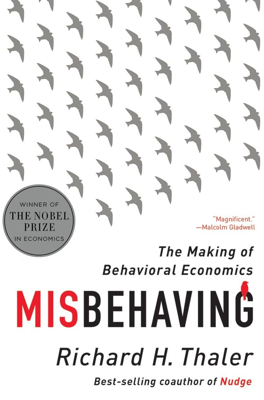The Battle of Closed-End Funds
Robert Shiller's criticism of the efficient market hypothesis (EMH) highlighted its vulnerability, particularly after the Black Monday crash of 1987, but did not dismantle it. Advocates like Eugene Fama defended the EMH, suggesting quick market corrections as evidence of its validity. At a University of Chicago conference in 1988, debates continued over whether such a crash reflected flaws in the EMH.
Closed-end funds, unlike open-end funds, do not allow investors to continuously invest or withdraw funds. Instead, their shares are traded at market prices which often do not align with the net asset value (NAV) of their assets, posing a direct challenge to the EMH principle of the "law of one price." Economists, including Benjamin Graham, have long noted that these funds can trade at significant discounts or premiums, contrary to EMH predictions.
Charles Lee, a Cornell doctoral student, collaborated with Richard Thaler and Andrei Shleifer to explore anomalies associated with closed-end funds. They identified four puzzles: 1. Initial Overpricing: Closed-end funds often sell at a high initial price with a brokerage commission, only to trade at a discount shortly after. 2. Persistent Discounts and Premiums: These funds frequently deviate from their NAV, challenging the EMH. 3. Variable Discounts and Premiums: The inconsistent pricing of these funds over time and across different funds further complicates the picture. 4. Conversion to Open-End Funds: When closed-end funds convert to open-end funds, their market prices typically adjust to reflect the NAV, reaffirming the accuracy of NAV calculations.
Lee, Shleifer, and Thaler suggested these pricing anomalies could be explained by investor sentiment—a concept aligning with Robert Shiller’s views on market dynamics influenced by psychological factors. They hypothesized that individual investor sentiment, prone to shifts between optimism and pessimism, significantly impacted these funds' market prices.
To test their theory, they investigated the correlation between the discounts on closed-end funds and the relative performance of small company stocks (often favored by individual investors compared to institutions). Their findings supported the hypothesis, showing that investor sentiment influenced both the discounts on closed-end funds and the performance gap between small and large company stocks.
The research attracted significant attention, particularly due to a contentious response from Merton Miller, a Nobel Prize-winning economist, who criticized their work in a comment on their publication. This dispute highlighted the ongoing debate within the financial economics community over the adequacy of the EMH and the relevance of behavioral factors, drawing more readers to the original paper.
This analysis and subsequent debate underscore the complexities of financial markets and support the inclusion of investor psychology in economic models, providing further evidence that market behavior often deviates from the rational paradigms proposed by traditional economic theories.
